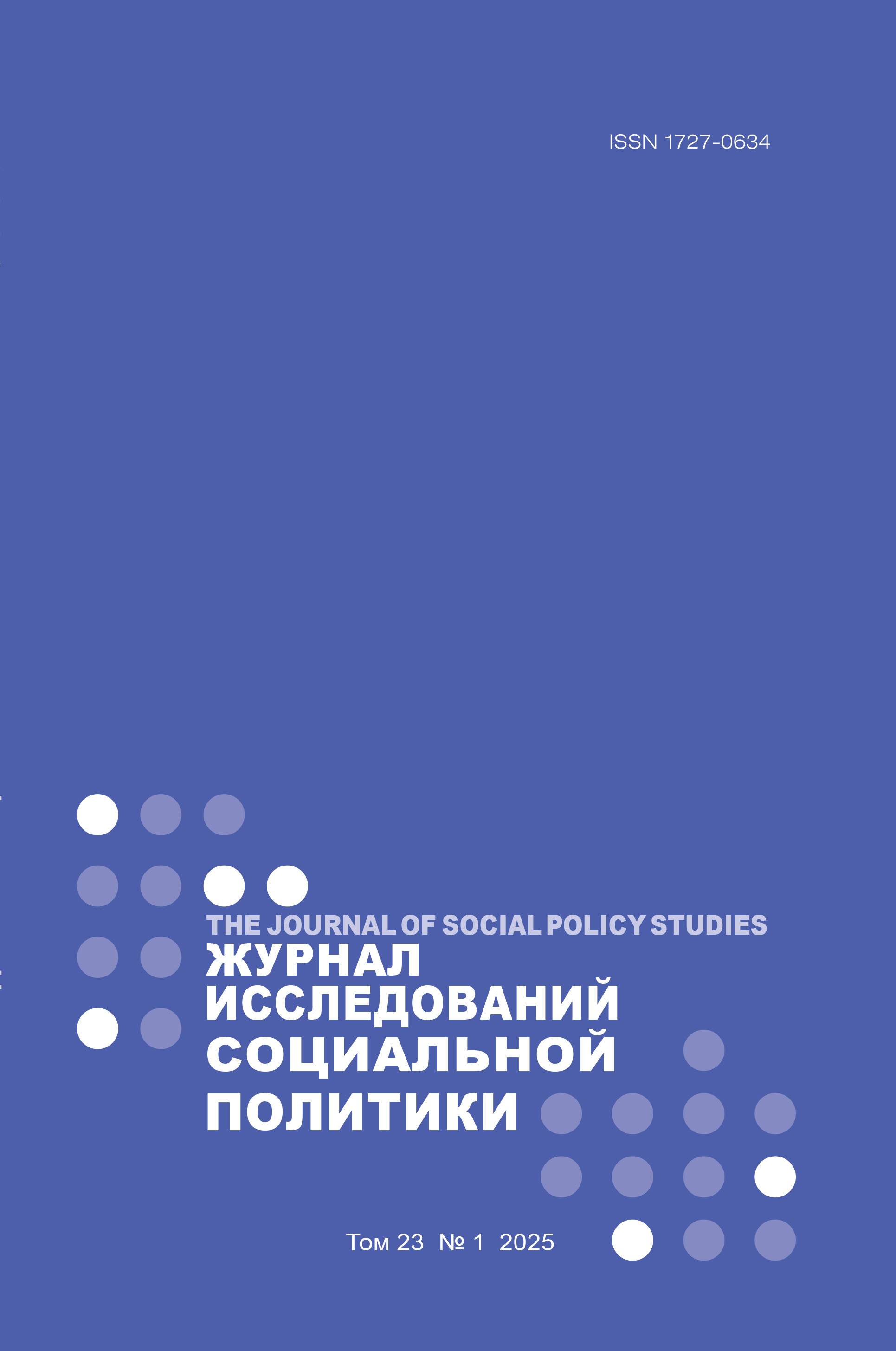Governmentality of Techno-Biopolitics and the Bio-Economy of Assisted Reproductive Technology
Abstract
Assisted reproductive technology (ART) plays a crucial role beyond the treatment of infertility, serving as a tool for population growth with significant social, political, and economic implications. This study examines how ART contributes to state biopolitical and economic objectives, highlighting the shift from traditional biopolitical strategies to techno-biopolitics, where reproductive interventions are increasingly technologized. As populations become targets of power, the primary risks to biopolitical security are no longer geopolitical conflicts, but natural threats that affect public health. Neoliberal governance constructs these threats discursively, shifting responsibility from the state to the individual. This strategy of responsibilization transforms infertility from a social problem into a personal one, directing individuals towards commercialized fertility solutions. Furthermore, the fertility market operates within a politically shaped moral economy in which biovalue is socially and culturally constructed. The supply-demand dynamics of ART are influenced by socio-political factors, as the state benefits from population growth in terms of human capital, i. e. consumers, taxpayers, and labour contributors. This study highlights the intersection of ART, biopolitics, and the bioeconomy, showing how reproductive technologies function as mechanisms of governance while shaping economic and demographic landscapes.















